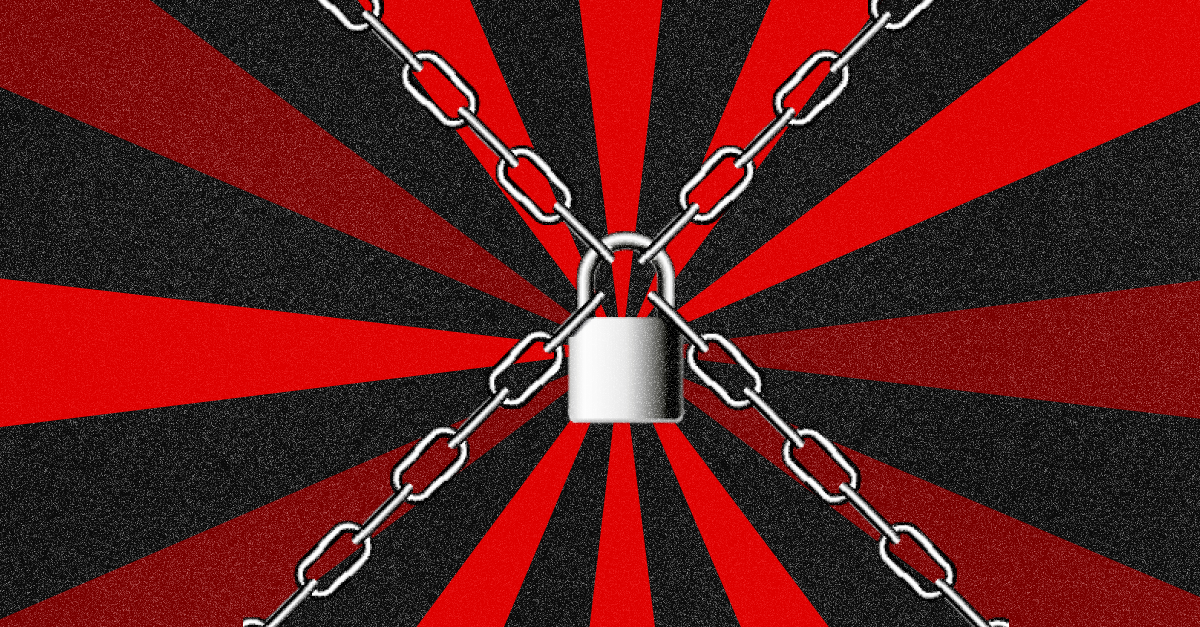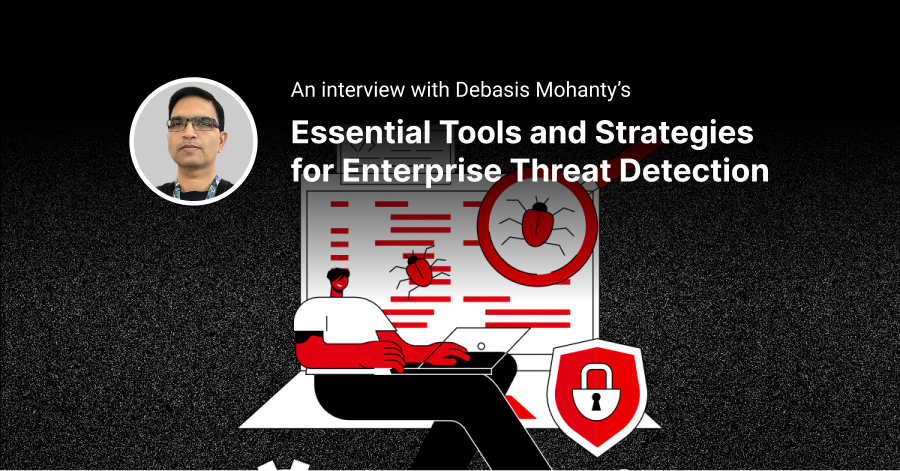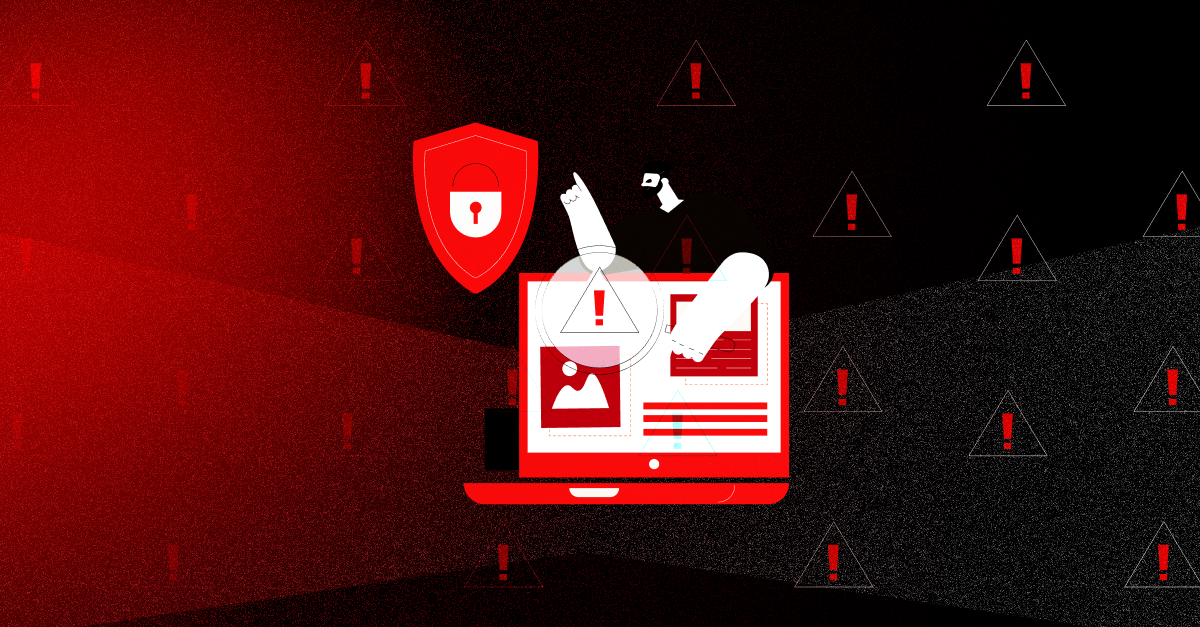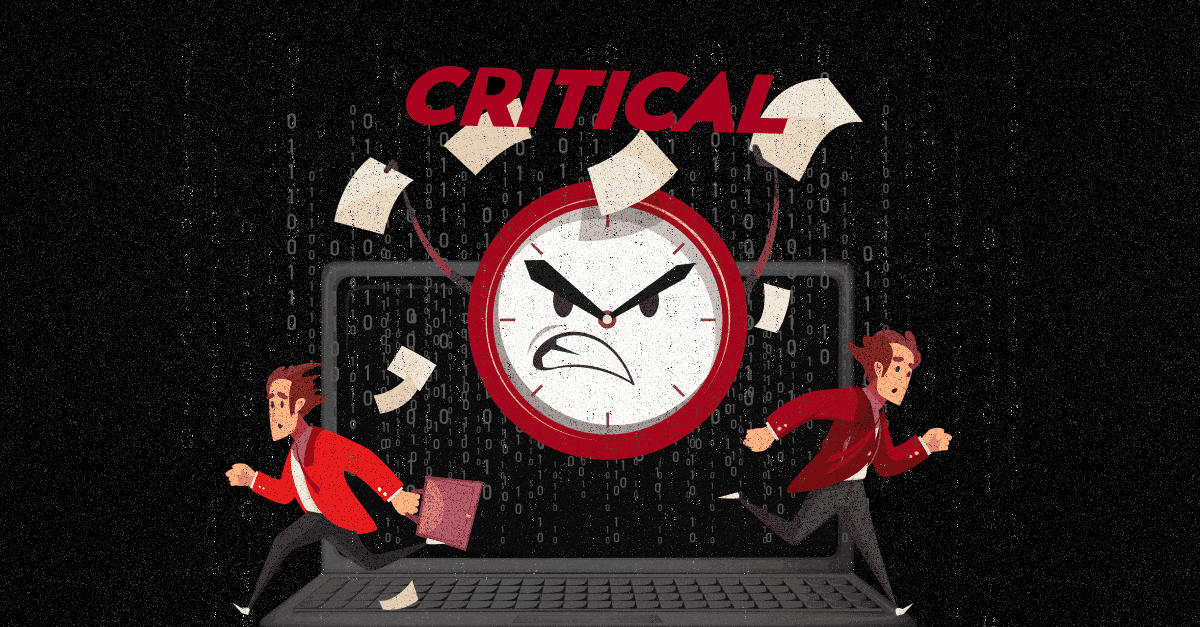Cybersecurity is one of the most important issues facing businesses and governments today. The problem is that there aren't enough people with the right skills to fill the jobs. This has created what is known as the cybersecurity skills gap.
The cybersecurity skills gap is the difference between the number of jobs in cybersecurity and the number of people with the skills to fill those jobs. With approximately
4.7 million experts, the cybersecurity workforce is the largest it has ever been. But there is still a global shortage of
3.4 million people in the industry. And that number could grow in the years to come if we don't start to fill the skills gap right away.
What has led to this shortage and what can you do about it? We're breaking down the cybersecurity skills gap in this blog post so that you can take the necessary steps to bridge the divide and secure your business.
Why is There a Cybersecurity Skills Gap?
The cybersecurity field, by nature, is a field that is in desperate need of a constant influx of new, and diverse, talent. This is primarily because of its constant evolution - every day there's a new threat that has the potential to take down your organization, and hackers are always looking for new ways to penetrate networks and steal data. As a result, there's a never-ending demand for cybersecurity professionals who can keep up with the pace of change. In fact, despite hiring over 464,000 new employees in the last year, the cybersecurity workforce gap has expanded more than twice as fast as the overall workforce. That's a troubling sign for an industry that is so critical to the security of our online worlds.
Moreover, even when companies are able to hire new talent, they find it difficult to keep them around. According to a new study, over
45% of cybersecurity professionals are rapidly changing jobs, and even leaving the tech industry all together. The rest either plan to make a switch soon themselves or know someone that's quit the industry.
However, the cybersecurity workforce continues to grow. But the demand for new cybersecurity professionals far exceeds the supply, leaving companies scrambling to find the right talent.
So what's causing this massive exodus of talent from the cybersecurity field?
Cybersecurity burnout is one of the top reasons why so many cybersecurity professionals are not able to stay with the industry. High levels of stress and constant pressure are an everyday part of a cybersecurity professional's job, leaving little room for them to live a life outside of work. Many analysts are expected to be available for 24/7 support, and they're expected to be on call whenever an issue occurs. Such demanding roles can push cybersecurity professionals to the brink of burnout, leaving them less capable of keeping up with the demands of their job.
Besides, how can an overworked professional take the time to learn new skills and techniques if they're constantly under pressure to complete daily tasks? And it's not just technical skills that require continuous development; many cybersecurity professionals also lack certain soft skills that are essential for success. A
recent survey revealed that communication, flexibility, and leadership were identified as the most important skill gaps among cybersecurity workers in 2022.
In addition, cybersecurity professionals are expected to be experts in their field. Many companies are looking for IT professionals that can jump right into new roles with little to no training. And when it comes to cybersecurity, a simple mistake can have far-reaching consequences. This unrealistic expectation of an immediate return on investment leaves little room for a cybersecurity professional to make mistakes or learn from them, and creates a climate of anxiety and stress.
Lastly, the cybersecurity workforce lacks diversity. Recruiters aren't tapping into the untapped pools of talent that exist among underrepresented groups. This lack of diversity in the workforce is harmful not just to the individual employee, but to the company as a whole. A cultural divide between the cybersecurity workforce can restrict growth and new opportunities for collaboration among teams. A diverse workforce allows for a more comprehensive understanding of threats and the best mixtures of cybersecurity tools and techniques to combat them.
The Impact of the Cybersecurity Skills Gap
Cybersecurity is something that impacts everyone, everywhere, at all times. Yes, even if you're not a professional, you are still at risk of a cyber attack. We live in a hyper-connected world where the digital infrastructure is a foundational part of our everyday lives. And as our lives move increasingly online, the need for a strong cybersecurity workforce becomes more critical than ever.
For enterprises, this means that they are potentially losing millions of dollars each year because of the skills gap. Many of the problems enterprises face are largely due to a shortage of skilled cybersecurity professionals. For instance, a
report from Fortinet shows that 80% of firms worldwide experienced one or more breaches that were the direct result of a lack of cybersecurity skills or awareness. That's a lot of money and potential lost.
A shortage of skills makes your enterprise vulnerable to cyber attacks. But it's not just your data that is at risk. The risks to your enterprise's reputation, intellectual property, and overall operations are just as significant if not more so.
Understanding How to Attract and Retain Talent in Cybersecurity
When it comes to cybersecurity, the industry needs to figure out how to attract and retain talent that can help protect companies and individuals from a cyber attack. With higher demands for qualified professionals, this is one of the biggest challenges facing the industry.
So what can be done?
Hiring and retaining talent is key to ensuring that your cybersecurity team is adequately staffed and able to protect your business from cyber threats. When it comes to hiring the right people, you may not always find candidates that match your exact needs. However, it's important to remember that you can provide the right skills to potential candidates and make them a great fit for your organization. A great way to do this is by helping employees achieve cybersecurity certifications for the most sought-after skills. This will help them protect your data and business better while also increasing their skillset.
As for retaining talent, companies need to focus on the retention of their best and brightest. With an increasingly competitive industry, it's important to make sure that your company is offering competitive salaries and benefits to retain top talent. Additionally, avoid overworking your employees with long hours or unrealistic expectations. Instead, make sure to offer a flexible work environment that allows employees to find a healthy balance between work and personal life. And most importantly, make sure that your security team is adequately staffed so that the entire responsibility of cybersecurity doesn't fall on a few individuals.
Another important aspect to consider here is security automation. Contractors, consultants, AI, and automation can significantly ease the burden of security on IT teams. By automating repetitive tasks, you're freeing up your employees to focus on higher-value projects. However, make sure to ensure that you don't abuse the ability to automate tasks. Too many security tools can be counterproductive, resulting in the generation of too much data, alert fatigue, and employee frustration. Try opting for
managed security services that can help you find the right security solutions for your business under a single umbrella.
Expanding Education and Training Opportunities to Fill the Gap
The current landscape of cybersecurity is no joke—it requires specific knowledge and skill sets that are hard to come by. In order to bridge the skills gap, we must first recognize the need for increased education and training opportunities.
It's imperative that workers have the opportunity to hone their skills and learn from the best in the field. Quality training programs can help employees stay current with the latest trends and strategies while also giving them the opportunity to network and grow their career. These programs should teach the essential security knowledge and hands-on skills required of modern cybersecurity professionals. Additionally, they should provide career guidance and job placement assistance to make sure that individuals have a successful transition into the field.
Second, we need more employers who recognize the value of investing in talent development. Initiatives such as encouraging mentorship programs or providing funding opportunities for employees seeking continuing education in cybersecurity topics can help keep the talent pipeline strong. This not only helps with filling current positions but also invests in future generations of highly-skilled security professionals.
Lastly, cybersecurity knowledge isn't just for the professionals, but for everyone that uses digital technology. All consumers, businesses, and governments have a role to play in preventing cyberattacks and ensuring that our digital worlds are safe. Expanding public awareness campaigns is key in order to make sure more people are aware of cybersecurity and its implications. Moreover, early access to well-crafted awareness programs can further build interest in the field, which will hopefully encourage more young students and individuals to pursue careers in cybersecurity.
Conclusion
The cybersecurity skills gap is a real and pressing issue. And as much as it seems like it is a problem for security professionals, it is one that affects everyone. The digital space that we all share is a much larger and more complex place than it used to be and cybersecurity professionals are the guardians of it. Cybersecurity is the backbone of the modern digital world, and the safety of our most sensitive information is dependent on those who fight to defend it.
We hope that our research and suggestions will help you to address this gap and secure your organization against cyberthreats.
How Can Threat Intelligence Help?
The Threat Intelligence team is dedicated to providing a wide range of cybersecurity services and solutions all in one expert platform. Our team of cybersecurity experts combine decades of experience with the latest technology to provide unparalleled security to our clients. From compliance monitoring, incident response, vulnerability management, training and assessments, we are committed to empowering enterprises to succeed in the digital world.
Contact us today for a free demo!






